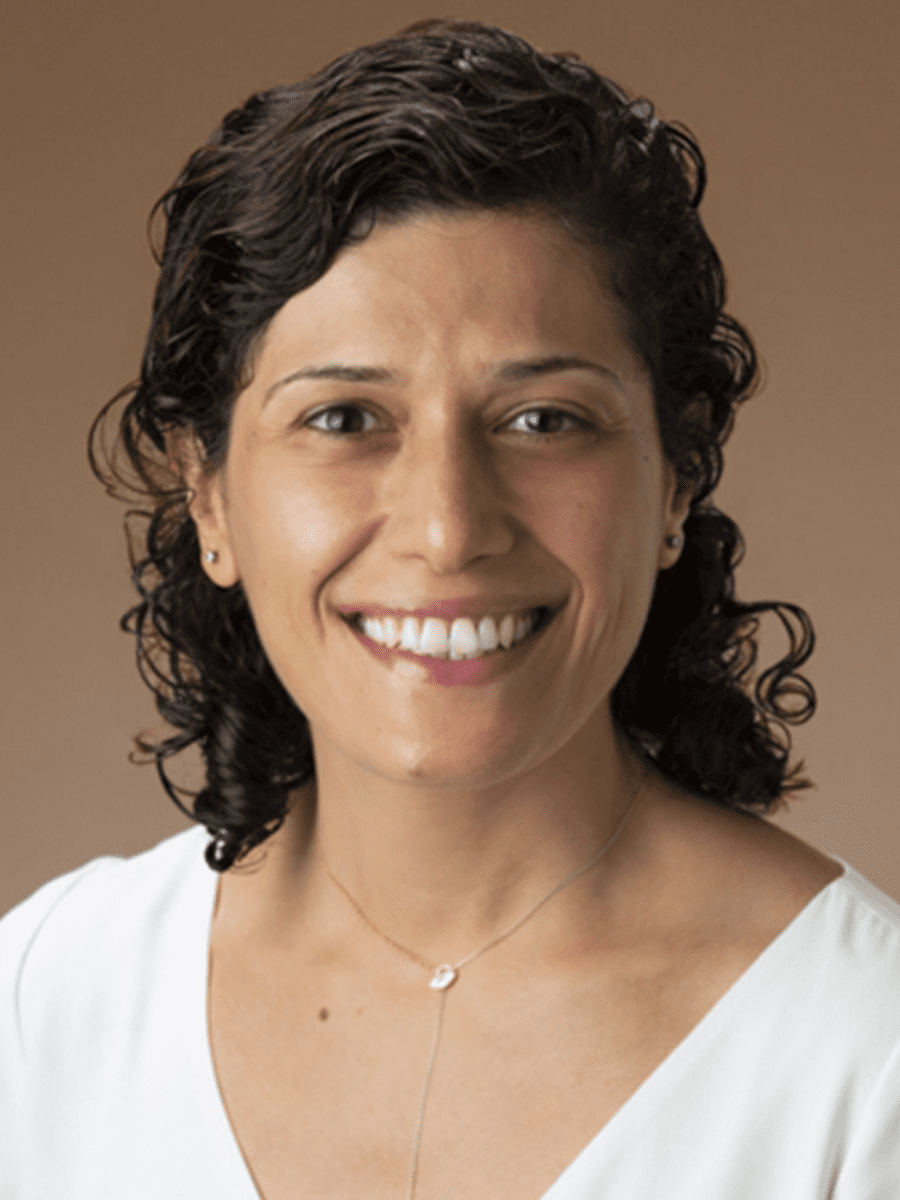Events

- This event has passed.
MICDE Seminar: Sarah Hormozi, Associate Professor, Cornell University
December 8, 2021 @ 3:00 pm - 4:00 pm
Venue: Zoom Event

Bio: Sarah Hormozi is an associate professor of Chemical and Biomolecular Engineering at Cornell University. Her expertise lies in complex fluid mechanics, rheology, and soft matter physics. Her research has been recognized by a number of awards, including the National Science Foundation CAREER award and the ACS Petroleum Research Fund Doctoral New Investigator Award. She also serves on the advisory boards of Journals of Physical Review Fluids, Non-Newtonian Fluid Mechanics, The American Institute of Chemical Engineers, and Physics of Fluids.
Slurries of complex fluids
Suspensions of non-Brownian particles in viscous fluids, for which thermal fluctuations are negligible, are relevant in industrial processes (e.g. waste disposal, concrete, drilling muds, metalworking chip transport, and food processing) and in natural phenomena (e.g. flows of slurries, debris, and lava). It is also relevant to mention that some biological and smart materials can be designed from various suspensions, drawing attention to applications in physiology, bio
locomotion, shock absorbers, and beyond. This countless number of suspensions has a wide range of nonlinear rheological behaviors, such as shear thinning, shear thickening, shear banding, yield stress, and finite normal stress differences even when inertia is negligible.
For applications enumerated above, even small increases in efficiency when processing slurries of complex fluids could make significant positive economic and environmental impacts. Obviously, a thorough understanding of the rheology and fluid mechanics of these materials in natural and industrial settings is essential to improving the efficiency of production. However, this is extremely challenging due to the complex rheology of the suspending fluids, the interaction of fluid and particle phases, and multiple-body and short-range interactions of particles. My presentation will introduce an array of experimental and modeling techniques that my research team uses to investigate the rheological properties and fluid dynamical behavior of complex suspensions. The goal is to establish a continuum framework and refine it through a series of microstructure investigations. I will discuss how our recent results can be used to address and resolve some of the industrial issues. Finally, open questions will be disclosed, which must be answered to build a firm foundation for a long-term contribution to the area of complex suspensions.
The MICDE Fall 2021 Seminar Series is open to all. University of Michigan faculty and students interested in computational and data sciences are encouraged to attend.
This seminar is hosted by the Michigan Institute for Computational Discovery and Engineering (MICDE) at the University of Michigan. Dr. Hormozi will be hosted by Dr. Mariana Carrasco-Teja, MICDE Associate Director and Assistant Research Scientist. Questions? Email MICDE-events@umich.edu